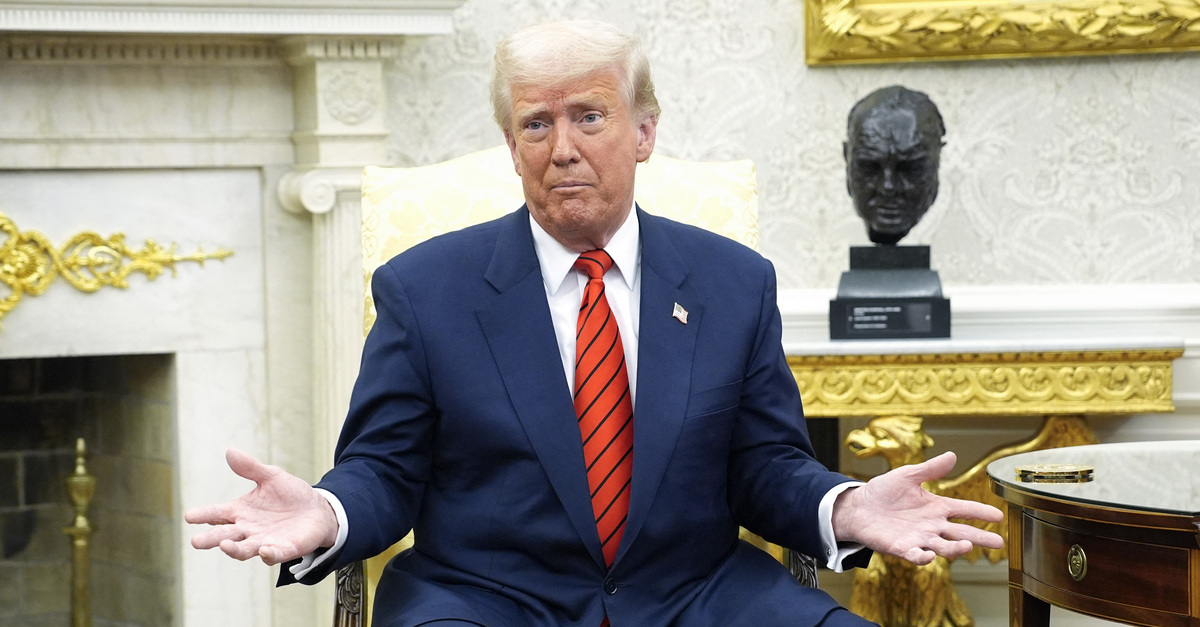Trump stripped fed workers of collective bargaining rights for ‘fighting back’: Lawsuit
The National Treasury Employees Union (NTEU) has initiated legal action against the Trump administration following an executive order that revokes collective bargaining rights for a significant portion of the federal workforce. This directive affects employees across 37 agencies, including the Internal Revenue Service (IRS), Department of Defense, and Department of Veterans Affairs.
The NTEU contends that this move is retaliatory, stemming from the union’s prior legal challenges against the administration’s policies. The White House, however, asserts that the measure aims to curtail union influence within the federal government.
The executive order in question reintroduces “Schedule F,” a classification that redefines numerous federal positions as political appointments, thereby stripping affected employees of traditional civil service protections. This reclassification facilitates the dismissal of career federal workers without the standard due process, effectively undermining established labor rights. Critics argue that this action politicizes the civil service and dismantles decades of progress toward a merit-based federal workforce.
In response to the executive order, the Office of Personnel Management (OPM) has announced that federal agencies are no longer required to deduct union dues from employees’ paychecks. This policy change poses a financial threat to federal unions, potentially diminishing their resources as they engage in legal battles to protect workers’ rights. The NTEU views these actions as a direct attack on the collective bargaining process and the unions’ ability to represent federal employees effectively.
The Controversy
The controversy surrounding this executive order is not unprecedented. In 2018, a similar attempt by President Trump to limit federal employee union bargaining was struck down by U.S. District Judge Ketanji Brown Jackson. Judge Jackson ruled that the executive orders in question undermined federal employees’ right to bargain collectively, stating that the president had exceeded his authority.
Despite this prior ruling, the current administration has proceeded with actions that many perceive as an effort to weaken the influence of federal unions and alter the landscape of federal employment.
The NTEU’s lawsuit seeks to have the executive order declared unlawful, arguing that it violates the labor rights of federal employees and contravenes the U.S. Constitution. The outcome of this legal challenge will have significant implications for the future of collective bargaining within the federal workforce and may set a precedent for the balance of power between the executive branch and federal employee unions.


Comments are closed, but trackbacks and pingbacks are open.